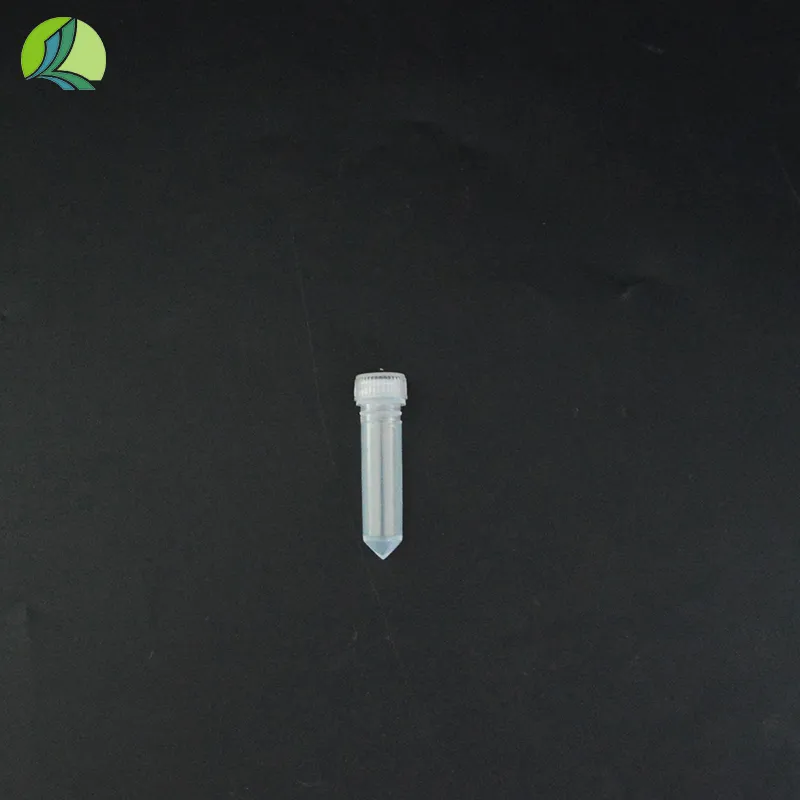
-
 Afrikaans
Afrikaans -
 Albanian
Albanian -
 Amharic
Amharic -
 Arabic
Arabic -
 Armenian
Armenian -
 Azerbaijani
Azerbaijani -
 Basque
Basque -
 Belarusian
Belarusian -
 Bengali
Bengali -
 Bosnian
Bosnian -
 Bulgarian
Bulgarian -
 Catalan
Catalan -
 Cebuano
Cebuano -
 Corsican
Corsican -
 Croatian
Croatian -
 Czech
Czech -
 Danish
Danish -
 Dutch
Dutch -
 English
English -
 Esperanto
Esperanto -
 Estonian
Estonian -
 Finnish
Finnish -
 French
French -
 Frisian
Frisian -
 Galician
Galician -
 Georgian
Georgian -
 German
German -
 Greek
Greek -
 Gujarati
Gujarati -
 Haitian Creole
Haitian Creole -
 hausa
hausa -
 hawaiian
hawaiian -
 Hebrew
Hebrew -
 Hindi
Hindi -
 Miao
Miao -
 Hungarian
Hungarian -
 Icelandic
Icelandic -
 igbo
igbo -
 Indonesian
Indonesian -
 irish
irish -
 Italian
Italian -
 Japanese
Japanese -
 Javanese
Javanese -
 Kannada
Kannada -
 kazakh
kazakh -
 Khmer
Khmer -
 Rwandese
Rwandese -
 Korean
Korean -
 Kurdish
Kurdish -
 Kyrgyz
Kyrgyz -
 Lao
Lao -
 Latin
Latin -
 Latvian
Latvian -
 Lithuanian
Lithuanian -
 Luxembourgish
Luxembourgish -
 Macedonian
Macedonian -
 Malgashi
Malgashi -
 Malay
Malay -
 Malayalam
Malayalam -
 Maltese
Maltese -
 Maori
Maori -
 Marathi
Marathi -
 Mongolian
Mongolian -
 Myanmar
Myanmar -
 Nepali
Nepali -
 Norwegian
Norwegian -
 Norwegian
Norwegian -
 Occitan
Occitan -
 Pashto
Pashto -
 Persian
Persian -
 Polish
Polish -
 Portuguese
Portuguese -
 Punjabi
Punjabi -
 Romanian
Romanian -
 Russian
Russian -
 Samoan
Samoan -
 Scottish Gaelic
Scottish Gaelic -
 Serbian
Serbian -
 Sesotho
Sesotho -
 Shona
Shona -
 Sindhi
Sindhi -
 Sinhala
Sinhala -
 Slovak
Slovak -
 Slovenian
Slovenian -
 Somali
Somali -
 Spanish
Spanish -
 Sundanese
Sundanese -
 Swahili
Swahili -
 Swedish
Swedish -
 Tagalog
Tagalog -
 Tajik
Tajik -
 Tamil
Tamil -
 Tatar
Tatar -
 Telugu
Telugu -
 Thai
Thai -
 Turkish
Turkish -
 Turkmen
Turkmen -
 Ukrainian
Ukrainian -
 Urdu
Urdu -
 Uighur
Uighur -
 Uzbek
Uzbek -
 Vietnamese
Vietnamese -
 Welsh
Welsh -
 Bantu
Bantu -
 Yiddish
Yiddish -
 Yoruba
Yoruba -
 Zulu
Zulu
centrifuge bottle uses in laboratory
Centrifuge bottles are essential laboratory instruments widely used in various scientific and research settings. These specialized containers are designed to hold samples during centrifugation, a process that employs rapid rotational force to separate components of a mixture based on density. Understanding the uses and advantages of centrifuge bottles is crucial for researchers in fields ranging from biochemistry to clinical diagnostics.
.
Centrifuge bottles come in various sizes, typically ranging from 15 mL to 50 mL, which makes them suitable for both small and large volume samples. This versatility is beneficial when dealing with different types of experiments, as it simplifies the process of sample preparation. Additionally, some bottles are specifically designed to withstand high centrifugal forces and temperatures, making them ideal choices for rigorous applications such as chromatography or the separation of complex mixtures like blood or urine.
centrifuge bottle uses in laboratory

Another important use of centrifuge bottles is in the preparation of biological specimens for microbiological studies. In clinical settings, centrifuging blood samples can help in the separation of serum or plasma from red blood cells, which is crucial for diagnostic testing. By using centrifuge bottles, laboratories can efficiently manage and process numerous samples, leading to timely and accurate results.
Moreover, centrifuge bottles are often used in the field of environmental science for the analysis of soil and water samples. By isolating contaminants or microorganisms from these samples, researchers can better understand environmental impacts and assess pollution levels. This is particularly relevant in studies involving heavy metals or pathogens, where accurate separation and analysis are vital for ecological assessments.
In conclusion, centrifuge bottles serve a multitude of purposes in laboratory settings, from separating biological samples to preparing specimens for analysis. Their design and versatility make them indispensable tools in scientific research, ensuring that scientists can effectively analyze and interpret data across various disciplines. As research continues to evolve, the role of centrifuge bottles in streamlining laboratory processes and delivering reliable results will remain significant.
-
Premium Metal Dropper Bottle for Precise Dispensing 250ml & 1ml Options AvailableNewsJul.04,2025
-
20 ml Headspace Vials - High Quality Polyethylene & Plastic Vials for Lab UseNewsJul.04,2025
-
Small Bottle with Pipette - Precise Dispensing 100ml Pipette Bottles for Essential Oils & Lab UseNewsJun.24,2025
-
Acetic Anhydride Bottle for Accurate Dropper Measurement in Pharmacy Use High-Quality Dropper BottlesNewsJun.10,2025
-
Innovative PET Bottle Design for Juice – Unique Shapes & Customization OptionsNewsJun.10,2025
-
20 Pack Sterilized Petri Dishes – Assorted Sizes, High Quality Small Plastic Petri Dishes for Lab UseNewsJun.10,2025






















